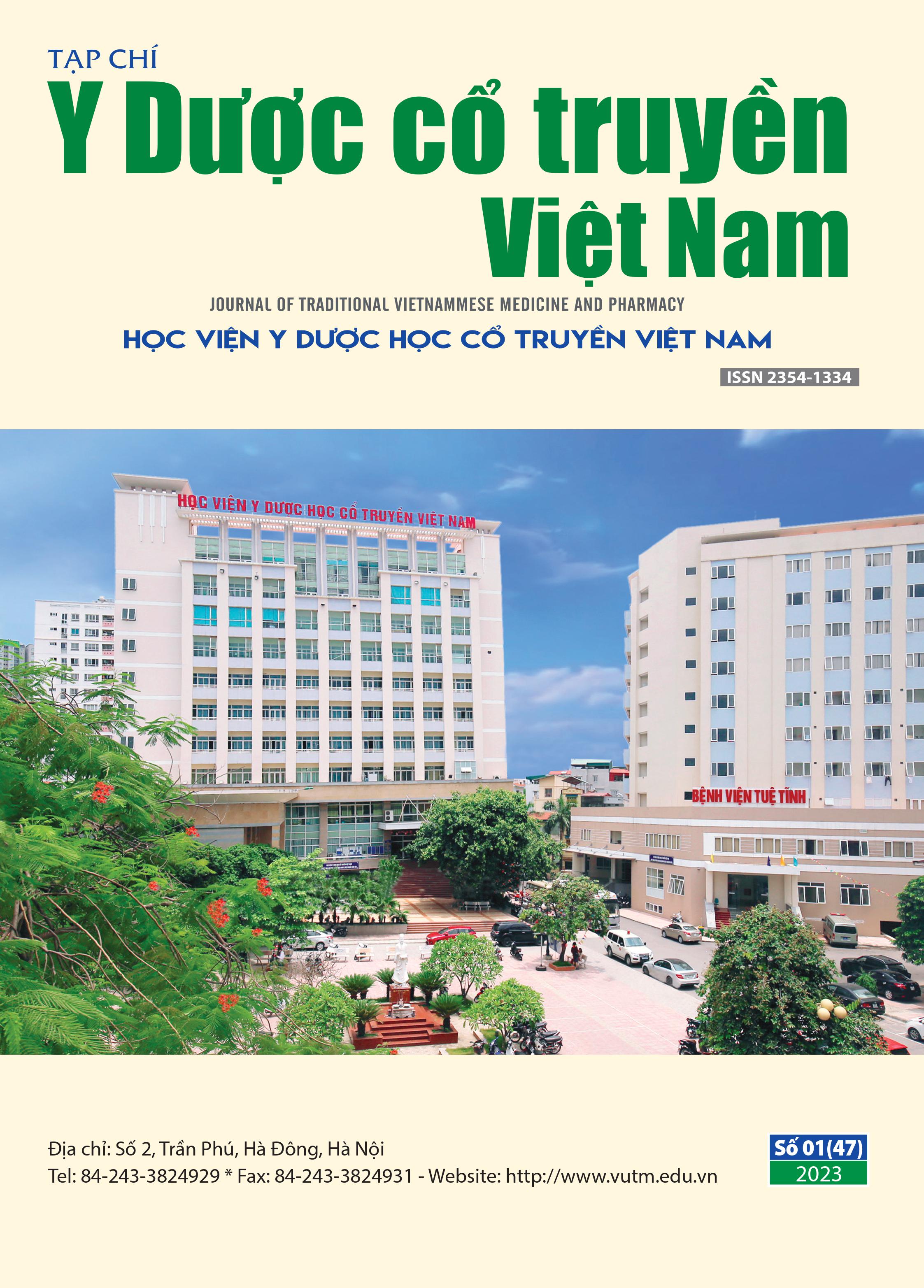Sub-acute oral toxicity of Hamo NK hard capsule in experimentalanimals
Main Article Content
Abstract
Background: Hamo NK hard capsule is composed of some dry extracts formulation of herbal medicine which had shown good properties effective treating dyslipidemia. However, there are no scientific reports of its toxicological properties which guarantee of the safety its usage as a potent treating dyslipidemia. Therefore, the present study was to investigate sub-acute toxicity of Hamo NK on rats through oral administration.
Methods: The sub-acute administration Hamo NK was studied on Wistar rats. The animals were orally exposed to 0.25g/kg and 0.75 g/kg b.w/day of Hamo NK for 12 consecutive weeks. Physical observations and body weight were made during the study period. At the end of the experiment, blood samples were collected for hematology and clinical chemistry evaluations. Gross pathology and histopathology of livers and kidneys were assessed.
Result: No major alteration was observed in the evaluated parameters at two doses of 0.25 g/kg per day and 0.75 g/kg per day. The histopathologic analysis of the livers and kidneys indicated architecture with normal aspect.
Conclusion: Collectively, these data demonstrate that Hamo NK hard capsule has a high margin of safety.
Article Details
Keywords
Hamo NK, sub-acute toxicity, experimental animals
References
2. Fuentes R, Uusitalo T, Puska P, Tuomilehto J, Nissinen A. Blood cholesterol level and prevalence of hypercholesterolaemia in developing countries: a review of population-based studies carried out from 1979 to 2002. Eur J Cardiovasc Prev Rehabil. 2010;10(6):411–419.
3. Zhou T, Luo D, Li X, Luo Y. Hypoglycemic and hypolipidemic effects of flavonoids from lotus (Nelumbo nuficera Gaertn) leaf in diabetic mice. Journal of Medicinal Plant Research. 2009;3(4):290–293.
4. Ming Guo, Yue Liu, Zhu-Ye Gao, Da-zhuo Sh. Chinese Herbal Medicine on Dyslipidemia: Progress and Perpective. Evidence-Based Complementary and Alternative Medicine. 2014;2014.
5. WHO. Working group on the safety and efficacy of herbal medicine. Report of regional office for the western pacific of the World Health Organization. Published online 2000.

